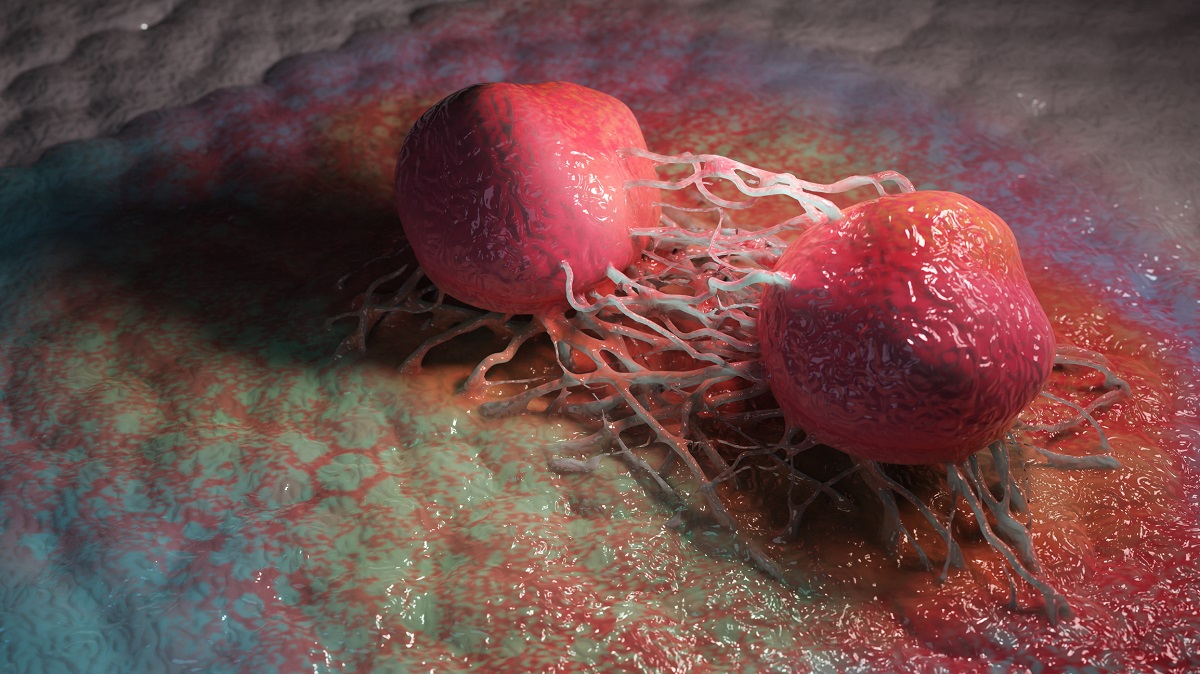KEY TAKEAWAYS
- The study aimed to investigate the anti-tumor mechanisms of PP in TSCC using network pharmacology and in vitro experiments.
- The findings suggested that PP may inhibit TSCC by activating autophagy, targeting MAPK3 and PSEN1.
Tongue squamous cell carcinoma (TSCC) is the most common type of head and neck squamous cell carcinoma (HNSCC), accounting for about one-third of all oral cancers. Paris polyphylla (PP) has shown potential anti-tumor effects, but its mechanisms are not well understood.
Jing Zhou and the team aimed to provide new insights into the molecular mechanisms of TSCC treatment with PP and lays the groundwork for its potential clinical use.
The study utilized transcriptomics and network pharmacology to identify autophagy-related genes associated with PP’s effects. These genes were then analyzed for their functions using KEGG and GO enrichment analyses.
In vitro studies were conducted on CAL-27 cells (a human TSCC cell line) treated with varying concentrations of PP (10, 30, and 60 μg/ml) for 24 hours. The effects on tumor cell proliferation, apoptosis, and autophagy markers (P62, LC3B, and Beclin1) were then assessed.
Molecular docking revealed stable interactions between PP and MAPK3 and PSEN1, suggesting their role in PP’s anti-tumor activity. The in vitro experiments showed that PP significantly inhibited the proliferation of CAL-27 cells and promoted apoptosis. Additionally, PP treatment altered the expression of autophagy markers P62, LC3B, and Beclin1, indicating autophagy activation.
The study provided evidence that PP inhibits TSCC cell growth by activating the autophagy pathway. MAPK3 and PSEN1 are identified as potential target molecules for PP’s anti-tumor effects. This research highlighted the potential of PP as a novel therapeutic agent for TSCC treatment, warranting further investigation in clinical settings.
Funding support was provided by Basic Research Project of Science and Technology Department of Yunnan Province (202301AY070001-288) and Training of Technological Innovation Talents in Yunnan Province (202405AD350091).
Source: https://pubmed.ncbi.nlm.nih.gov/39215239/
Zhou J, Zhang H, Ma L, et al. (2024). “Identification and validation of autophagy-related genes influenced by paris polyphylla in tongue cancer using network pharmacology.” BMC Oral Health. 2024;24(1):1022. Published 2024 Aug 30. doi:10.1186/s12903-024-04784-8



